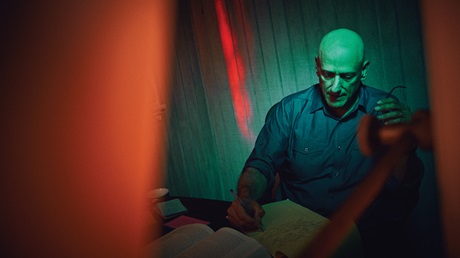My story of ditching hypocritical religion and secular hedonism for the joys of true discipleship.

One midnight in late winter, at age 13, I rose stealthily from my bed. Moving quietly so as not to wake my parents and three brothers, I removed a leather box from the storage cabinet built into my wall. It was filled with jewelry, watches, pens, and savings bonds—thousands of dollars’ worth of gifts. They had been given to me that summer for my bar mitzvah.
For a long time, I had marveled at these riches, great wealth for a boy in the 1960s, even in the well-to-do suburb in which I lived. From time to time, I would open the box and arrange the jewelry in its compartments, touching the rattling identity bracelets, tie pins, and cufflinks. I would silently estimate the value of the haul.
But over time, that pleasure soured and died. The truth was, I had hated my bar mitzvah. The majesty and profundity of the Jewish coming-of-age ceremony—the majesty and profundity of Judaism itself—were lost on me. Or rather, they had never been instilled in me, for the simple reason that my parents did not believe in God.
My homemaker mother was, to the day she died, as certain an atheist as I have ever met. My father, an antic radio comedian, hedged his bets a little: it was not in his nature to defy a Gigantic Invisible Jew who could give you cancer just by thinking about it. Both my parents acknowledged that they had schooled my brothers and me in Jewish practices only in service to tradition. Their motivations were racial loyalty and religious guilt, not bringing us closer to the divine. Despite our dutiful celebration of Jewish holidays, God had no living presence in our family. We did not say grace before meals or prayers before bedtime. We did not read the Bible at home or discuss morality in terms of God’s …


